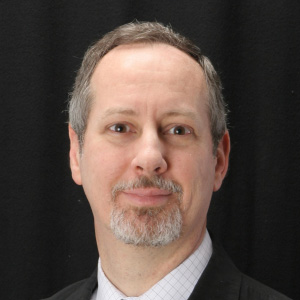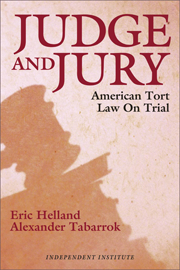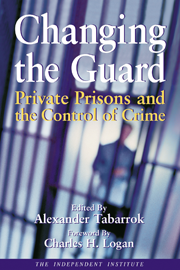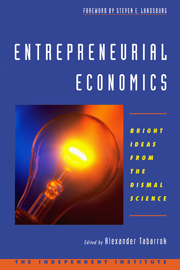Thousands of people will die this year while they wait helplessly for an organ transplant. Tragically, these deaths could be avoided if only more people signed their organ donor cards. Yet every year the organ shortage tends to become worse as medical technology increases the number of potential beneficiaries while social apathy and fear keep the number of donors relatively constant. Today, roughly 60,000 people are waiting for organ transplants, while less than 10,000 will become donors. Despite a prominent advertising campaign with Michael Jordan as spokesperson, and a national campaign of pastors, rabbis and other clergy supporting donation, the supply of donors remains far below that necessary to save everyone on the waiting list.
Nobel Prize-winning economist Gary Becker has suggested that one possible solution to the crisis is to increase the incentive to donate organs by paying donors. One system, for example, would let organ procurement organizations pay the funeral expenses of organ donors.
Economists argue that anytime the price of a good or service is held below its market demand, a shortage develops. Just as government-mandated rent controls imposed in New York and other cities have led to a shortage of housing, government rules that outlaw buying or selling organs on the open market hold the price of organs at zero and make an organ shortage inevitable. Lift the restrictions, Becker and others say, and the shortage will end.
To some, this analysis may sound shocking, but these ideas are now so familiar to economists that at least one well-known textbook -- Pindyck and Rubinfeld’s, "Microeconomics" -- uses the organ shortage to illustrate the effect of price controls more generally. Nonetheless, many people may still be uncomfortable with the idea of human organs for sale. And for better or worse, few politicians are likely to take up the banner of laissez-faire when it comes to human organs. Fortunately, there is another possible solution.
I propose that the United Network for Organ Sharing (UNOS) consider restricting organ transplants to those who previously agreed to be organ donors; in short, a "no-give no-take" rule. While it is understandable that some people may have misgivings about becoming donors for personal or religious reasons, why should someone who was not willing to give an organ be allowed to take an organ?
Signing your organ donor card should be thought of as entry into a club, the club of potential organ recipients. Current UNOS policy is that organs are a "national resource." This is wrong. Organs should be the resource of potential organ donors, and signing an organ donor card should be tantamount to buying insurance. Being willing to give up an organ, should it no longer be of use to you, is the premium to be paid for the right to receive someone else’s organ if one of yours fails.
How would the "no-give no-take" rule work in practice? Anyone could sign an organ donor card at any time and be registered as a potential donor. Most people would sign their cards when they receive their driver’s license, as occurs today. Children would be automatically eligible to receive organs until the age of 16, when they would have the option of signing their card. To prevent someone from signing after learning they were in need, there would be a mandatory waiting period of at least one year before the right to receive an organ took effect.
Organs are now allocated on the basis of a point system in which medical need, the probability that the transplant would be effective, and the length of time already spent on the waiting list all play a role. A modest version of the "no-give no-take" rule could be implemented by stating that, henceforth, points should also be awarded for previously having signed one’s organ donor card.
While this change may result in some people losing the chance to receive a transplant, far more people will be able to be served because there will be many more potential organ donors. If enough people sign their donor cards, this plan could even produce a surplus of organs.
What is needed to end the shortage of human organs, and to save the thousands of individuals who die because of the shortage, is a rethinking of the moral basis of organ collection and donation. Organs should not be owned by the nation as a whole, but rather by you and I and every other potential organ donor. We may still disagree on whether organs should be commodities traded on the open market, but few could argue with the notion that those who are willing to give should be the first to receive.












